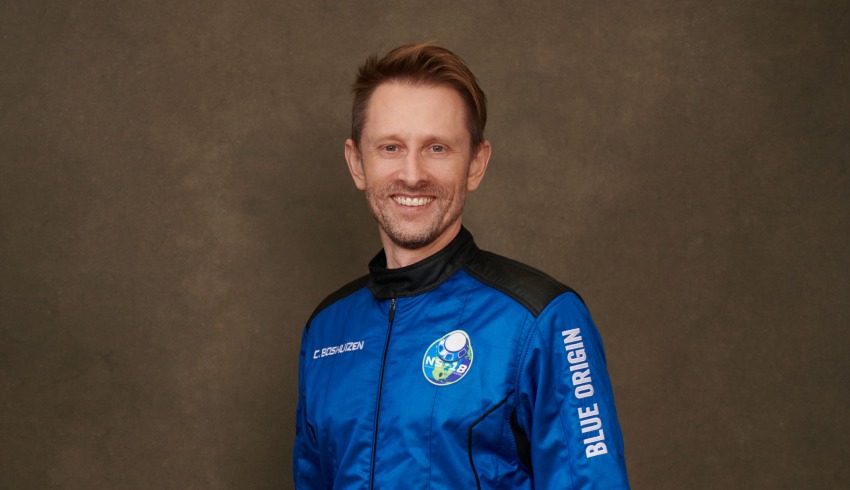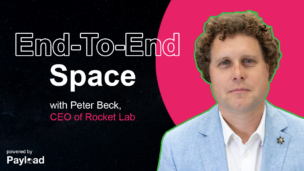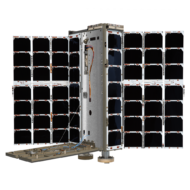As 2021 draws to a close, Payload recently sat down with Dr. Chris Boshuizen to get his thoughts on the last year in space—and what to expect in the coming decade.
Bio in <40 words: Boshuizen is an operating partner at DCVC, where he invests in space and “deep tech” startups. The Australian engineer is cofounder and former CTO of Planet, and before that, was a space mission architect at NASA Ames Research Center.
Boshuizen recently crossed the chasm from building/backing off-world technology to briefly being in space. He flew with Blue Origin on NS-18, the company’s second crewed mission and 18th New Shepard suborbital launch.
We had to know: Since then, has his outlook on space—and what it means for Earth—changed in any way? “I just feel more motivated and determined than I ever have before to get humanity into space,” Boshuizen said.
One non-obvious impact was that the experience forced reflection on “why we’re really doing this.” His flight, which included William Shatner (aka Captain Kirk), drew flak from some public figures. Boshuizen considered that a valuable intellectual exercise, in forcing him and others in the industry to justify and communicate how private human spaceflight could have broader societal benefits.
Space trends: In terms of “what the human race can do in space,” Boshuizen believes that we’re just scratching the surface.
- “The leverage that was attained in satellites, we’re starting to see that move into crewed vehicles.” Boshuizen thinks we haven’t fully grasped the potential of reusable crewed vehicles. DCVC has backed Rocket Lab, which is developing the reusable Neutron.
- Software can enable better control systems, autonomous guidance, and more “more sophisticated” operations with on-orbit spacecraft.
- Boshuizen said he’s particularly excited by the possibilities of nuclear propulsion and in-space additive manufacturing (ie, 3D printing).
- It’s not all roses. One headwind: space debris and overcrowding in LEO. Earlier this week, Boshuizen told TechCrunch that space junk is a major concern—and that we don’t presently have any technological capabilities to adequately deal with the issue.
Closing thoughts: “It’s not affordable enough yet to send everyone to space, but it is affordable enough to send anyone,” Boshuizen said. Air travel may be the canonical example of how something starts upmarket and eventually moves downstream.
- Flying used to be extremely expensive but eventually became “democratized,” or at least, more affordable.
- The analogy isn’t perfect for space, as the latter is a much more expensive endeavor, but the logic still holds.
Put another way, space is accessible to the point that anyone can buy a ticket to travel there. And while the vast majority of us can’t afford that, Boshuizen said, a ticket could be crowdfunded, comped by a wealthy beneficiary, or purchased by a company/government/research institution. “And that,” Boshuizen noted, “is brand spanking new.”




